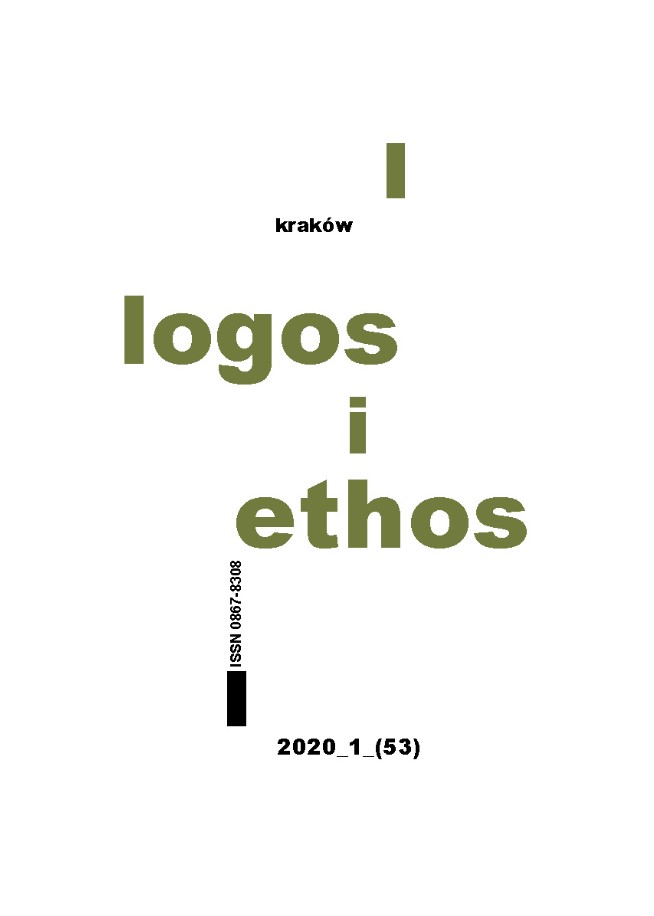Improving Unjust Laws Without Inviting Unjust Plans: The Case of Abortion for Fetal Anomaly
DOI:
https://doi.org/10.15633/lie.3695Słowa kluczowe:
imperfect laws, unjust laws, complicity, harm reduction, abortionAbstrakt
Some laws cannot yet be entirely abrogated in a current political situation, though permitting grave injustices against some individuals; for example, unborn and/or disabled individuals. In supporting the passing of new ‘imperfect’ laws that protect only some of those who now lack protection, do we ourselves discriminate unjustly against those remaining unprotected? Or does that depend on factors such as our intentions – including what we intend that others intend? How may we collaborate with colleagues who intend, and perhaps explicitly defend, the continuation of remaining, closely-related injustices, although they are willing to join us in trying to improve some aspects of the status quo? This paper explores the moral constraints on our attempts to extend the law’s protection to some, but not to all, of those individuals currently deprived of such protection and at risk of serious harm.
Bibliografia
Our Heartbreaking Choices: Forty-Six Women Share Their Stories of Interrupting a Much-Wanted Pregnancy, ed. C. Brooks, Bloomington 2008.
Cope H., Garrett M. E., Gregory S., Ashley-Koch A., Pregnancy continuation and organizational religious activity following prenatal diagnosis of a lethal fetal defect are associated with improved psychological outcome, “Prenatal Diagnosis” 35 (2015), p. 761–768.
Finnis J., Helping enact unjust laws without complicity in injustice, “American Journal of Jurisprudence” 49 (2004), p. 11–42, reprinted with additional notes as Just votes for unjust laws, in: J. Finnis, Philosophy of Law. Collected Essays: Volume IV, New York 2011.
Finnis J., Restricting legalised abortion is not intrinsically unjust, and “A vote decisive for… a more restrictive law”, in: Cooperation, Complicity and Conscience: Problems in healthcare, science, law and public policy, ed. H. Watt, London 2005, p. 209–245; 269–295.
Harte C., Changing Unjust Laws Justly, Washington 2005.
Harte C., Problems of principle in voting for unjust legislation, and The opening up of a discussion: a response to John Finnis, in: Cooperation, Complicity and Conscience: Problems in healthcare, science, law and public policy, ed. H. Watt, London 2005, p. 179–208; 246–268.
Kersting A., Kroker K., Steinhard J. et al., Complicated Grief after Traumatic Loss, “Eur Arch Psychiatry Clin Neurosc” 257 (2007), p. 437–443.
McGovern K., Continuing the pregnancy when the unborn child has a life-limiting condition, “Chisholm Health Ethics Bulletin” 17 (2012), p. 1–12.
Redlinger-Grosse K., Bernhardt B. A., Berg K., Muenke M., Biesecker B. B., The decision to continue: The experiences and needs of parents who receive a prenatal diagnosis of holoprosencephaly, “Am. J. Med. Genet” 112 (2002), p. 369–378.
Riordan M., Maternal serum testing: Is invasive testing a passing era?, “Bioethics Research Notes” 24 (2012), p. 7–11.
Watt H., Abortion for Life-Limiting Foetal Anomaly: Beneficial When and for Whom, “Clinical Ethics” 12 (2017), p. 1–10.
Watt H., Addressing Unjust Laws Without Complicity: Selective Bans versus Regulation, in: Contemporary Controversies in Catholic Bioethics, ed. J. Eberl, Dordrecht 2017, p. 567–582.
Watt H., McCarthy A., Targeting the fetal body and/or mother-child connection: vital conflicts and abortion, “Linacre Quarterly” 87 (2020), p. 147–160.
Pobrania
Opublikowane
Numer
Dział
Licencja
Autorzy publikujący w czasopiśmie udzielają jego wydawcy zgody o następującej treści:
- Autor zachowuje autorskie prawa majątkowe do utworu, a jednocześnie udziela wydawcy czasopisma zgody na jego pierwszą publikację w wersji drukowanej i wersji online na licencji Creative Commons Uznanie autorstwa 4.0 Międzynarodowe oraz zgody na wykonywanie opracowań, w tym przekładów.
- Autor ma możliwość udzielania zgody niewyłącznej na opublikowanie utworu w wersji, która ukazała się w czasopiśmie (np. zamieszczenia go w repozytorium instytucjonalnym lub opublikowania w książce), wraz z informacją o jego pierwszej publikacji w czasopiśmie.
- Autor może umieścić swój utwór online (np. w repozytorium instytucjonalnym lub na swojej stronie internetowej) jeszcze przed zgłoszeniem utworu do czasopisma.

